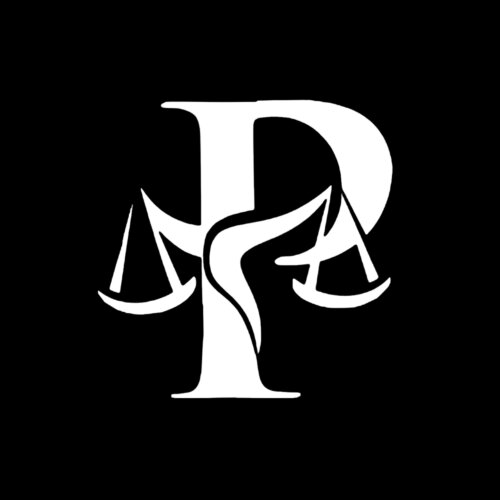Best Toxic Mold Lawyers in Durrës
Share your needs with us, get contacted by law firms.
Free. Takes 2 min.
List of the best lawyers in Durrës, Albania
About Toxic Mold Law in Durrës, Albania:
Toxic mold is a serious issue in Durrës, Albania, as it can pose health risks to individuals living or working in affected buildings. Mold can grow in damp or humid environments and release spores that can cause allergic reactions, respiratory problems, and other health issues. Dealing with toxic mold requires prompt attention to prevent further health risks and property damage.
Why You May Need a Lawyer:
If you are facing a toxic mold issue in Durrës, Albania, you may need a lawyer to help you navigate the legal complexities involved. A lawyer experienced in toxic mold cases can assist you in understanding your rights, determining liability, negotiating with landlords or property owners, and seeking compensation for damages.
Local Laws Overview:
In Durrës, Albania, laws related to toxic mold may vary, but property owners are generally responsible for maintaining a safe and healthy environment for tenants. Tenants have the right to request mold remediation if the property is uninhabitable due to mold infestation. It is important to document the mold problem, notify the landlord in writing, and seek legal advice if the issue is not addressed promptly.
Frequently Asked Questions:
1. What are the health risks associated with toxic mold exposure?
Exposure to toxic mold can cause allergic reactions, respiratory issues, skin irritation, and other health problems.
2. Who is responsible for mold remediation in a rental property?
Property owners are generally responsible for addressing mold issues in rental properties.
3. How can I prove that mold is toxic and harmful to my health?
You may need to hire a professional mold inspector to test for toxic mold and provide a report.
4. Can I break my lease if the property has toxic mold?
You may have grounds to break your lease if the property is deemed uninhabitable due to toxic mold.
5. What legal actions can I take against a landlord or property owner for toxic mold exposure?
You may be able to file a lawsuit for damages, seek compensation for medical expenses, or demand mold remediation.
6. How long do I have to take legal action for toxic mold exposure?
The statute of limitations for toxic mold cases may vary, so it is best to consult with a lawyer as soon as possible.
7. Can I receive compensation for damages caused by toxic mold exposure?
You may be able to seek compensation for medical expenses, property damage, emotional distress, and other related costs.
8. What evidence should I gather to support my toxic mold case?
Keep records of any communication with the landlord, photographs of the mold infestation, medical reports, and receipts for expenses related to mold exposure.
9. Can I handle a toxic mold case on my own without a lawyer?
While it is possible to handle a toxic mold case without a lawyer, having legal representation can help you navigate the complexities of the legal system and increase your chances of a successful outcome.
10. How can I find a lawyer experienced in handling toxic mold cases in Durrës, Albania?
You can search for local law firms or legal directories that specialize in mold litigation or ask for referrals from friends, family, or other professionals in the legal field.
Additional Resources:
For more information on toxic mold laws and regulations in Durrës, Albania, you can contact the Ministry of Health or the Albanian Bar Association for guidance and support.
Next Steps:
If you are experiencing issues with toxic mold in Durrës, Albania, it is important to take action promptly. Document the mold problem, notify the property owner or landlord in writing, seek medical attention if needed, and consult with a lawyer to understand your legal rights and options for resolving the issue.
Lawzana helps you find the best lawyers and law firms in Durrës through a curated and pre-screened list of qualified legal professionals. Our platform offers rankings and detailed profiles of attorneys and law firms, allowing you to compare based on practice areas, including Toxic Mold, experience, and client feedback.
Each profile includes a description of the firm's areas of practice, client reviews, team members and partners, year of establishment, spoken languages, office locations, contact information, social media presence, and any published articles or resources. Most firms on our platform speak English and are experienced in both local and international legal matters.
Get a quote from top-rated law firms in Durrës, Albania — quickly, securely, and without unnecessary hassle.
Disclaimer:
The information provided on this page is for general informational purposes only and does not constitute legal advice. While we strive to ensure the accuracy and relevance of the content, legal information may change over time, and interpretations of the law can vary. You should always consult with a qualified legal professional for advice specific to your situation.
We disclaim all liability for actions taken or not taken based on the content of this page. If you believe any information is incorrect or outdated, please contact us, and we will review and update it where appropriate.








